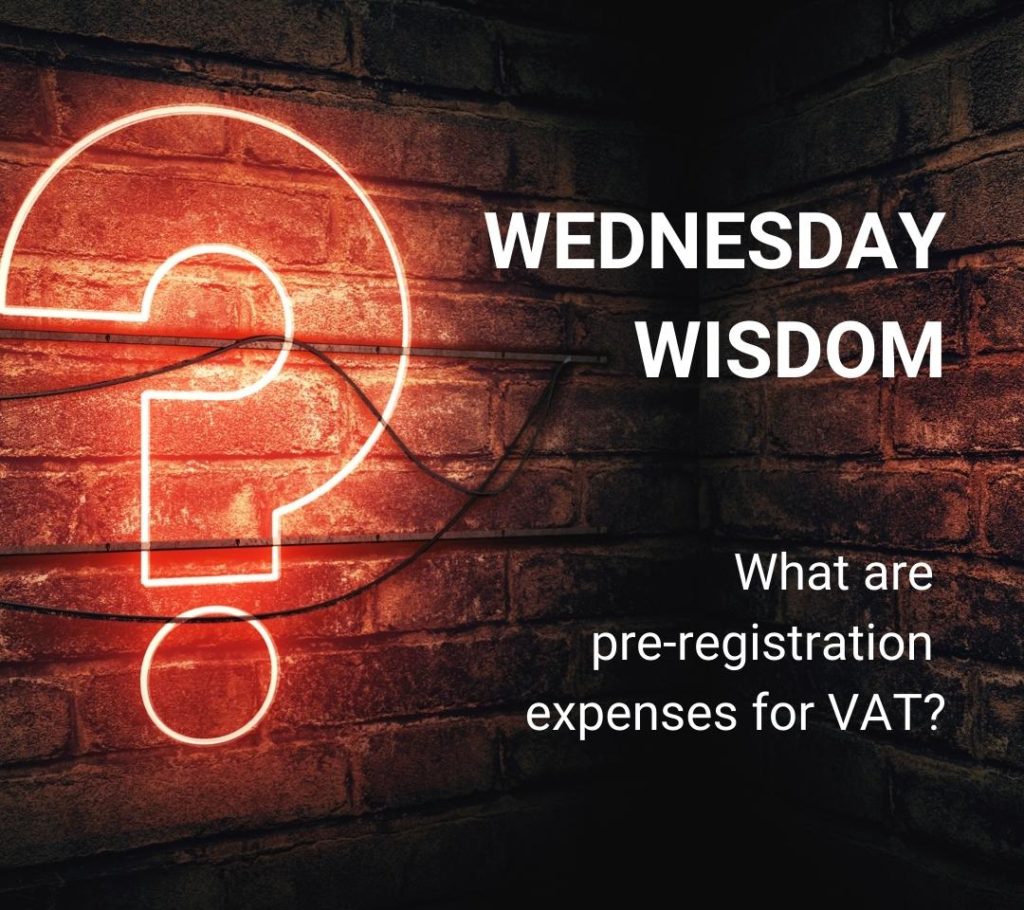The ICAEW recently hosted a panel debate on SME confidence from which there are some key considerations around micro entities. The jist of the night was that the recovery is hopefully in progress and is likely to be led by Small and medium businesses (SMEs) as the government keep saying. In reality it’s not SMEs but small if not tiny businesses that will be creating the growth, with 4.9 million business registered in the UK, 75% of them consist of just the director(s). The term SME is not really appropriate for these businesses but there has never been a recognised or legal term for them, until now.
We finally have a legal definition for micro business from the EU directive 2012/06/EU- yes that’s right, not everything coming out of Brussels is negative. A micro entity will be a business which on its balance sheet date does not exceed 2 of the following criteria:
Turnover not more than £632,000
Balance sheet total not more than £316,000
Not more than 10 employees
Part of assisting these smaller entities grow is reducing the level of reporting. Under the directive 2013/34/EU a micro company could choose to create only an abridged profit and loss sheet and greatly reduced balance sheet and notes.
Panelist Michelle fisher, chair of the ICAEW assurance review working group talked of the need for assurance reviews as smaller companies are no Longer required to have an audit, but still need something to both help them identify issues within the business and to offer to potential investors or partners. An assurance review would see the business records inspected but not necessarily tested and result in a chartered accountants report offering limited negative assurance. something along the lines of ” based on our review, nothing has come to our attention that causes us to believe they do not give a true and fair view.” This should be less costly for a company but still offer some comfort to external bodies and some internal support or checks.
Sounds good in theory but I have my doubts, here are my top 5:
1- Not many people outside the profession fully understand assurance as they do audit, so will small business owners want it and will it be fit for purpose. It’s a bit of an unknown so there needs to be a lot of education for business owners and those looking at the accounts and general finances of these businesses.
2- Although another panelist Stephen Pegge from Lloyds banking group spoke of how times have changed from banks requesting 3 years audited accounts to far more flexible information and assurance, I am unconvinced. I work with many smaller businesses and my experience is that most banks still ask for audited accounts as do many angles and smaller investor groups or VCTs. Some specifically do not accept assurance reviews as they only offer limited negative assurance not positive assurance, also in the case of investors , they often conduct their own due diligence work which would be similar to what an assurance review covers. Would assurance alone ever be enough to satisfy external users of the account?
3- When smaller businesses are pitching for contracts with larger organisations they will likely ask for audited accounts as part of the tender process This means larger organisations would also need to be educated on the pros and cons of assurance reviews if the smaller entity has any chance of avoiding audit costs.
4- Currently an assurance review is not regulated like audit is but if like audit it becomes a main stream excepted process , something people rely on for comfort, then is it not likely to run into the same problem? At some point someone will ask ‘what does assurance provide to an outsider – what are the minimal tasks that should be included to offer this assurance” as soon as that happens we are in regulation territory and could possibly see minimum requirements introduced and that is a slippery slide. Audit was basic in years gone by and now it’s so prescribed, its costs and time to complete keep increasing. Assurance is in its early days in the UK, it is cost effective at present and very flexible, but if it goes main stream, will it remain that way?
5- Malcolm Bacchus who gave the small business consultant perspective and was the most lively and provocative of the panel, had his concerns aswell. Small business may complain about audits and the associated cost but they do also in most cases agree, that there is benefit in the health check they get during the audit process. As assurance will be voluntary, those companies which would like to have avoided audits due to shady activities will now be free to avoid any prying eyes and those companies that need a health check but don’t know it will also be left with no external review. In essence the people who already have generally good accounts are likely to be those who subscribe to assurance reviews, those that really need some intervention my shy away from it.
So am I in favour of assurance reviews, yes, I think they definitely have a place and are a helpful tool in specific situations and it should be more well-known and available to more small businesses.
Do I think assurance reviews are the answer for all small business, no.
But watch this space, time will provide the answers we seek..
The comments and views provided in this blog are not the views of the company, they are the personal views of the author.






